The Irrawaddy asks members of civil society, government, political parties and others for their thoughts on the 21st Century Panglong Conference, which began on Wednesday in Naypyidaw. Peace negotiations with ethnic armed groups proceed in an environment of high expectations, mixed with considerable skepticism in some quarters.
Nai Ngwe Thein: vice chair of the Mon National Party
What do you expect from the Panglong conference?
Frankly speaking, the 21st Century Panglong Conference is just a gathering of people, where key decisions won’t be made. A democratic federal union is still miles away because, according to the Nationwide Ceasefire Agreement, every step has to be made according to the 2008 Constitution. Unless and until the constitution is changed, the problems won’t be solved.
The military maintains its grip on important ministries, and at lower levels. This makes it difficult for Burma to achieve peace. Daw Aung San Suu Kyi can only preach; she can’t give orders.
What do you think is the most important element required for peace in the country?
Political dialogue must be held first, and efforts must be made to achieve a ceasefire. If you sign [a ceasefire] with one ethnic armed group and fight another one, you will never get peace.
John Caesar: secretary of the Karen Literature and Culture Association
What do you expect from the Panglong conference?
Our Karen group is not invited to the 21st Century Panglong Conference. Why were we left out? I understand that smaller ethnic groups won’t be invited because it’s a national level conference, but we are not a small ethnic group.
I don’t have high expectations of the conference, because it is not a once-and-for-all thing. Without amending the 2008 Constitution, the conference will not be able to contribute toward a genuine federal Union. What’s more, since it does not include all groups, it won’t reflect the voices and fundamental rights of all people of the nation.
What do you think is the most important element required for peace in the country?
For the entire country to enjoy peace, the distribution of power is of utmost importance. As long as centralization lasts, there won’t be internal peace. It is necessary that federalism be genuine. But to amend the 2008 Constitution is the main imperative.
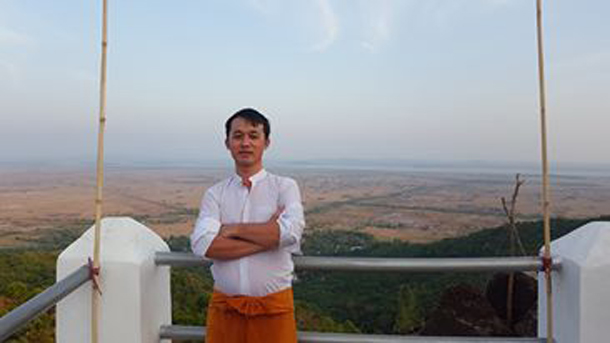
Sai Aung Myo Oo: Shan Youth Organization
What do you expect from the Panglong conference?
They [the government] said they won’t make decisions but will work out a framework. We can’t expect much. They will find a solution within five years. The coming conference is just the opening phase for adopting a framework. I am glad that most of the stakeholders are included and it is good that many academics are involved. But then we can’t expect much since certain groups are not invited. And I am really sad that there are ongoing clashes in Kachin and Shan states.
Kai Rein: Kachin National Development Foundation
What do you expect from the Panglong conference?
I have no expectations towards the conference because of ongoing clashes in our Kachin State. We heard that each ethnic armed group would be given only ten minutes [to speak], and the opening and closing [remarks] would be made by the government. It seems that the government is acting according to the 2008 Constitution.
What do you think is the most important element required for peace in the country?
If a ceasefire can be agreed, there is hope for peace. I am speechless since the government organized it in a one-sided manner.
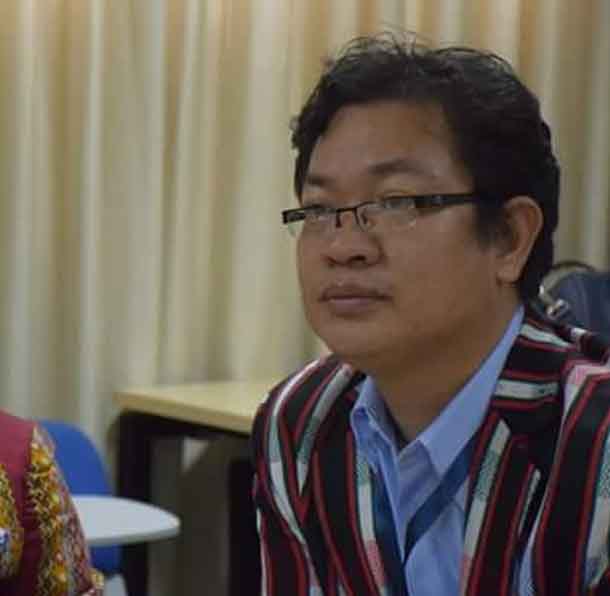
Salai Issac Khen: Chin State municipal, industry and electricity minister
What do you expect from the Panglong conference?
I hope [the conference] can find solutions to political and ethnic issues for the future of Burma. Of course, the challenges are huge. We are working with belief and hope. Not everything is going smoothly. We need patience and tolerance.
What do you think is the most important element required for peace in the country?
To achieve genuine peace, patience is needed. Everyone has his or her own views and it is important to learn from each other. It is also important that the definition of peace be the same between the two sides.
Haji Aye Lwin: Muslim spiritual leader and founding member of Religions for Peace
What do you expect from the Panglong conference?
It is a result never seen before in Burma. Almost every stakeholder will gather, except some smaller groups, whose future participation can be achieved through negotiation. The two sides [the Burmese military and excluded groups the AA, MNDAA and TNLA] just need to reach an agreement over terminology.
I have great expectations towards it. But the problems are acute. It is childish to criticize the National League for Democracy (NLD) led government over its performance in its first 100 days, as armchair critics have done. The civil war will not stop at once. It will take time. But it is now going in the right direction.
What do you think is the most important element required for peace in the country?
I expect that with more and more negotiation, the gap between different views will narrow. The most important thing is mutual trust. To have trust, there must be justice.
It is understandable that both sides will protect their own self interest, but there needs to be some give-and-take in building trust.
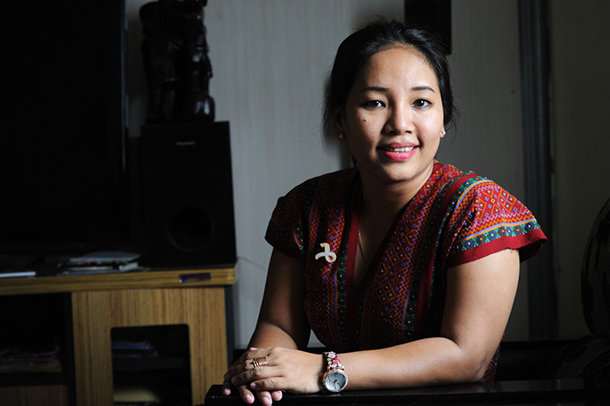
Cheery Zahau: ethnic Chin women’s rights activist
What do you expect from the Panglong conference?
As everyone knows, the conference will not result in a decision; it is just a starting point for discussion. There won’t be any breakthroughs.
Some politicians argue that the NLD government initiated the process, but, in fact, it is part of the process begun in 2011 by the U Thein Sein administration. No matter what government comes into power, the Nationwide Ceasefire Agreement mandates the conference. People need to be aware of this.
I have no big expectations towards the conference, since stakeholders will just exchange their views and not make a decision.
What do you think is the most important element required for peace in the country?
To achieve genuine peace, it is necessary that all groups, holding a variety views, are included whether or not they have won [seats in] the election, or whether or not they are welcomed.
For example, in the first Union peace conference in January this year, only eight ethnic armed groups were involved—and now UNFC [United Nationalities Federal Council] members will attend the coming conference. So, there is greater participation.
Yet, in spite of increased participation by ethnic armed groups, the participation of political parties has decreased a lot, because of government criteria that allow only parties that have representation in parliament to join the conference. Peace is not about having representatives in parliament; it is about discussing all the different views and all the problems.
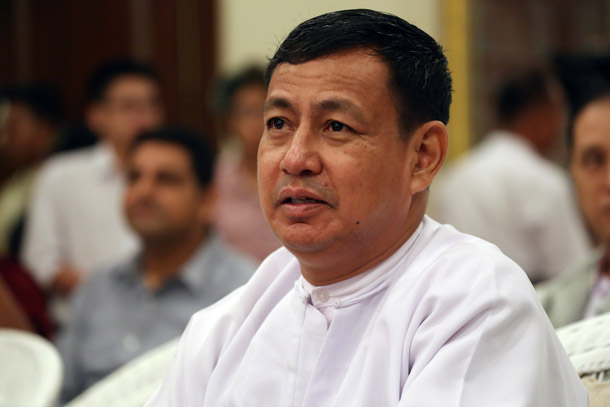
Ye Htut: former Minister of Information
What do you expect from the Panglong conference?
You can’t expect a lot from the conference other than bringing the NCA non-signatories to the negotiating table in the first round. The 1947 Panglong Conference only discussed whether hilly regions were willing to regain independence together with the mainland [Ministerial Burma]. The 21st Century Panglong is much wider than that. Everyone needs to understand this.
What do you think is the most important element required for peace in the country?
For the country to achieve peace, [the government] needs to create a political landscape in which [ethnic armed groups] are convinced that they can claim ethnic rights through the ballot box. And ethnic armed groups should be determined to lay down arms.
In the time of the previous government, the Myanmar Peace Center was hasty in making some decisions because it wanted to show that it could achieve outcomes in a short time period. Such mistakes should be avoided this time. People and the media need to know that the coming conference will not work out a solution in three days, as with the 1947 conference.
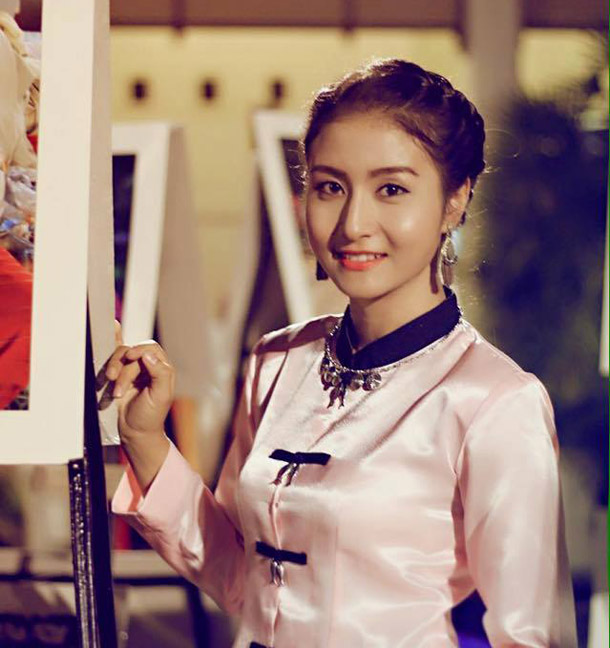
Muay Noom Hom: spokesperson for the Shan Women’s Action Network
What do you expect from the Panglong conference?
Clashes are still going on. To be frank, they are holding the conference just to show the international community, because the international community thinks highly of her [Daw Aung San Suu Kyi]. But she has never spoken of the situation of the people on the ground. Unless there are equal rights, self-determination and autonomy, genuine peace will not be established.
What do you think is the most important element required for peace in the country?
Peace means no war and no fear. [The government] needs to secure the fundamental rights of citizens, including to security, education, health and livelihoods.
Aye Min: chair of the Dawei Nationalities Party
What do you expect from the Panglong conference?
I don’t hold much expectation towards the conference because many more discussions—at least ten rounds—need to be held. Around 70 parties that did not win seats in the general election last year cannot participate in the conference. Since most of them are ethnic parties, the voices of ethnic people won’t be reflected in the conference.
We have things to discuss on behalf of our ethnic people. Because the government has imposed restrictions, we can’t express our concerns.
What do you think is the most important element required for peace in the country?
An important issue in peace [negotiations] is the division of territory, because some groups are having territorial disputes.
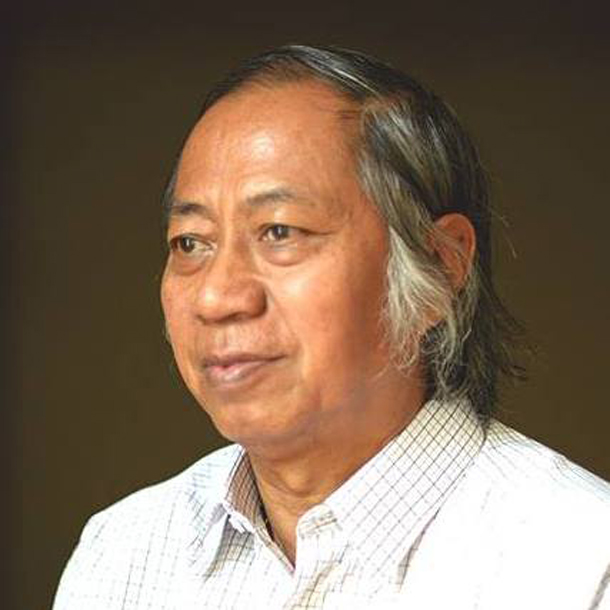
Nyi Pu Lay: award-winning author and Mandalay resident
What do you expect from the Panglong conference?
I’ve never seen peace in my whole life. Every ethnic region has suffered due to armed conflict. Panglong is the conference that could fulfill our wishes and bring peace to the ethnic regions. Although it will take time, I believe Panglong will be the first step toward peace, where all parties can participate.
What do you think is the most important element required for peace in the country?
To achieve peace, all-inclusiveness is vital. If there’s some exclusion, the peace achieved will not be sustainable.
Restoring peace is very important for the country, especially for the ethnic people, because their regions have been left under-developed for many years due to the absence of peace and stability.

















